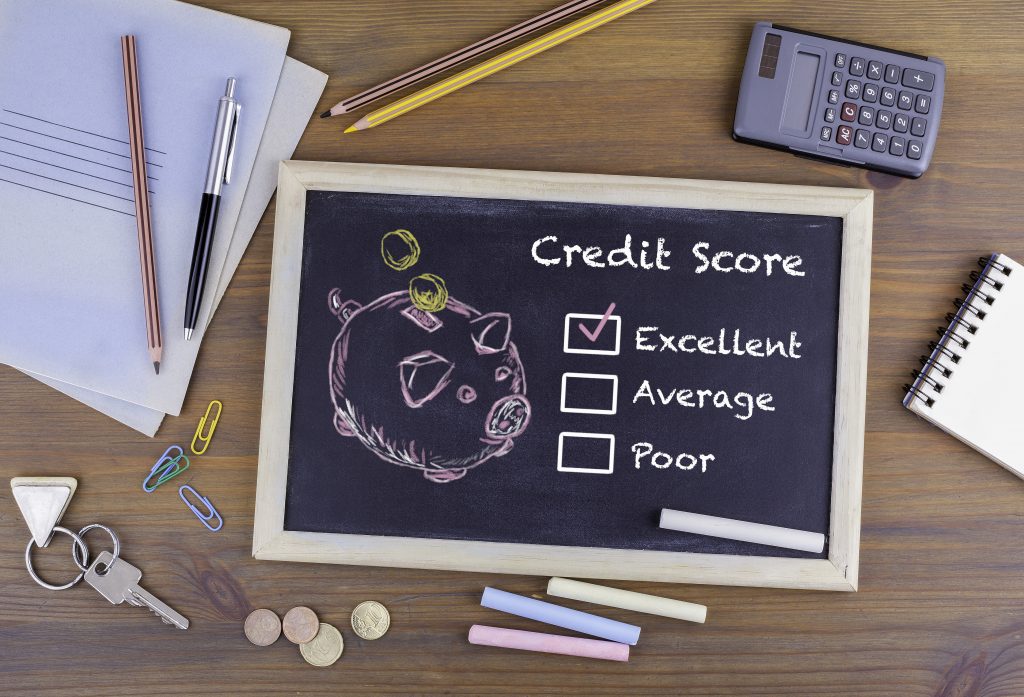Bad credit can happen to anyone. Getting your credit score back up can be difficult if you have fallen on hard times. However, there are steps that you can take to improve your bad credit history. This blog post will discuss some of the best ways to improve your credit score and rebuild your credit rating.
1. Check Your Credit Score And Credit Report
If you have bad credit, the first step you should take is to check your credit score and credit report. This will help you identify any areas where you need to improve. You can get your credit score from various sources, including online credit monitoring services. Once you know your credit score, you can start working on improving it.

You may also need to dispute any credit report errors that you find. This can be done by contacting the credit reporting agency and providing documentation showing incorrect information.
2. Make All Your Payments On Time
One of the most important things you can do to improve your credit score is to make all your payments on time. This includes your mortgage, car loan, credit card payments, quick cash loans, and any other type of loan you may have. Your credit score will improve if you show that you are a responsible borrower.
3. Use A Secured Credit Card
If you have bad credit, you may not be able to get a traditional credit card. However, you can use a secured credit card to help improve your credit score. A secured credit card requires you to put down a deposit, which is used as collateral for the credit card. This deposit helps reduce the risk for the credit card issuer, making it easier for you to get approved.
4. Lower Your Credit Card Balances
Your credit score will also improve if you lower your credit card balances. This means you should try to pay off your credit card debt as much as possible. You can make more than the minimum monthly payment or transfer your balance to a low-interest credit card.
For example, if you have a $1,000 balance on a credit card with an APR of 18%, you would need to pay $180 monthly to make the minimum payment. However, if you paid $300 per month, you could pay off the balance in just over three months and save yourself nearly $400 in interest charges.
5. Don’t Apply for New Lines of Credit
When you have bad credit, it’s important to avoid applying for new lines of credit. Every time you apply for a new credit card or loan, your credit score will take a hit. If you’re denied a new line of credit, that will negatively impact your credit score. So, avoiding applying for new credit is best until your credit score has improved.
6. Get Help From A Financial Advisor
If you need help improving your credit score, consider meeting with a financial advisor. A financial advisor can help you create a budget and develop a plan to improve your credit score. They can also advise on using credit wisely and avoiding future financial problems.
For example, a financial advisor can help you by:
- Reviewing your credit report with you and help you understand what factors are impacting your score
- Providing advice on how to improve your credit score
- Helping you create a budget
- Offering advice on using credit wisely
- Helping you develop a plan to pay off your debts
- Assisting you with financial planning to avoid future financial problems
If you’re struggling with bad credit, meeting with a financial advisor can be a great way to get your credit score back on track.
7. Keep Old Accounts Open
Another way to improve your credit score is to keep old accounts open, even if you don’t use them anymore. This is because your credit score is partially based on the length of your credit history. So, if you have a credit card that you don’t use, don’t close the account. Just keep it open and active by making small charges and paying the balance in full each month.
Conclusion
Improving your credit can be a challenge, but with the right strategy, it is possible to improve your credit score. Use the tips above to help you improve your credit score and access better borrowing terms in the future.